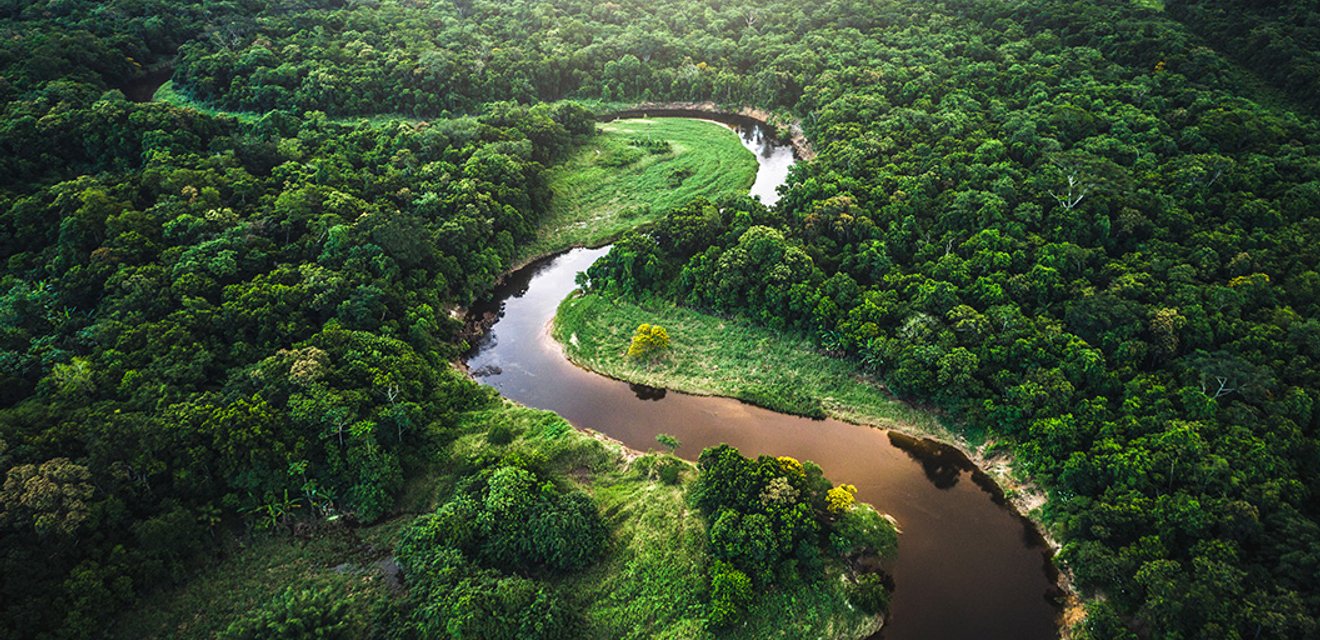A Q&A with ACT’s Sustainability Account Manager, Cinthya Rodriguez, on Collaborative Climate Action in Brazil

Cinthya Rodriguez, Sustainability Manager at ACT, is at the forefront of exciting sustainable development initiatives in Brazil. She attended the Biogas Forum in Sao Paolo to explore critical topics like socio-environmental impact, poverty reduction, and the significance of biomethane in Latin America. She also connected with Mulheres do Biogás, an organization dedicated to empowering women in the biogas sector. After the conference, Cinthya met with quilombola farmers to immerse herself in their culture and get a first-hand glimpse of their partnership with Reseed, a full-service carbon solution provider.
Read on to learn about Cinthya’s findings and how she is becoming a viable climate action partner in the region.
Q. How was your experience at The Biogas Forum? What were some of the key highlights?
A. I participated in The Biogas Forum in São Paulo, where discussions covered key topics including the fundamental importance of biomethane, innovation, technology, socio-environmental impact, poverty reduction, the crucial role of women in sustainable development organizations, and the emergence of new businesses. This event represents the main gathering of the sector in Latin America, bringing together essential players from the national and international markets. Biomethane took center stage in many forum panels as it plays a pivotal role in energy generation, renewable hydrogen production, biofertilizers, and the transportation sector.
Participating in these discussions was an enriching experience, providing insights into incentives, taxation, regulation, integration with the carbon market, and various other aspects. This opportunity was excellent for expanding my knowledge and contributing to the advancement of the sector.
Q. What does the future of biomethane in Brazil look like, and are there any initiatives that you are a part of that are helping facilitate its prevalence in the country?
A. Biomethane is a sustainable alternative to fossil fuels, with the potential to decarbonize several sectors such as transportation, electricity, and industrial applications for heat generation. Brazil is an agricultural powerhouse, so it stands out as one of the most capable countries in the biomethane sector. The substantial production of organic waste presents a valuable resource for biomethane production, and the number of biomethane-selling plants is expected to continue expanding.
We are actively engaged with biomethane producers and enthusiastically anticipate supporting them in the commercialization of the Gas-Rec attribute. This attribute serves as a renewable origin certificate, helping large gas-consuming companies reduce their Scope 1 emissions.
Q. What was it like meeting the women from Mulheres do Biogás? Are they hosting any events/initiatives in the near future regarding female empowerment in corporate sustainability?
A. Meeting the Mulheres do Biogás group was an extraordinary experience. I had the pleasure of connecting with many talented and committed women who actively contribute to the Brazilian biogas sector. Their group mission centers around promoting connectivity and empowerment among women in the industry, with a strong pledge to reaching gender equality. They provide an inclusive environment for sharing knowledge and experiences, initiating gender discussions within the biogas sector, and providing support to companies and events promoting gender equality. They also collaborate with similar initiatives in the energy sector and related fields to amplify their impact. Ultimately, their dedication extends to sharing experiences related to biogas and renewable energy, emphasizing gender equality values, social inclusion, and sustainable development.
The Mulheres do Biogás group utilizes platforms such as WhatsApp and LinkedIn to facilitate communication and ensure that every voice is heard. Additionally, they formed thematic groups tailored to biogas and biomethane topics to initiate focused discussions. I was delighted when they invited me to join their amazing group.
Q. What was it like meeting the farmers from the quilombola community, and how is Reseed helping them generate a second source of income?
A. I had the honor of visiting a quilombola community on the outskirts of Brasília and immersing myself in the daily routines of families, their productive work, and collective spirit. These communities are deeply engaged in agricultural and subsistence farming, cultivating an array of crops including manioca, maize, tomatoes, coffee, and more. As fundamental members of a larger community, their engagement in shared activities is vital. The sense of solidarity and mutual support within these groups is truly noteworthy.
Quilombola communities maintain a profound connection to nature as they employ sustainable and environmentally friendly farming practices. Reseed’s intention is to support small farmers worldwide, so it can empower them to develop a new source of income beyond their conventional agricultural practices. This not only enables them to stay on their land but also generates a positive impact on their communities and the surrounding environment. By collaborating with a non-profit, Brazil-based organization called Ecam, Reseed is able to help small farmers get the opportunity to generate carbon credits based on their existing agricultural practices. Being a part of this experience was profoundly rewarding for me.
--
To learn more about ACT’s exciting new sustainable development initiatives, expert insights, upcoming events, and industry news, follow our LinkedIn page. Contact us today to see how we can help your organization on its decarbonization journey: info@actcommodities.com